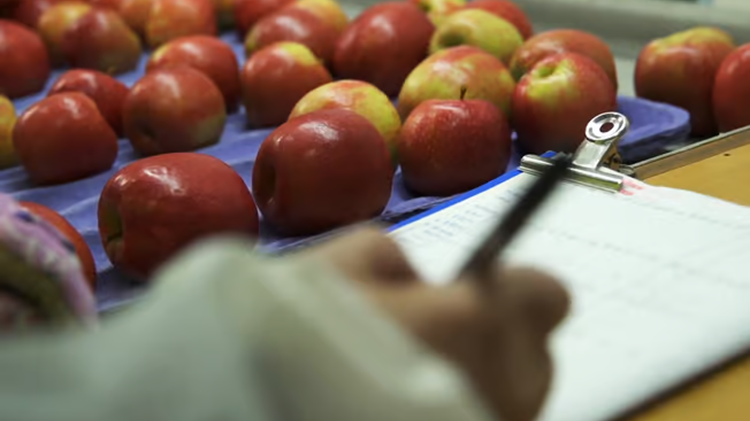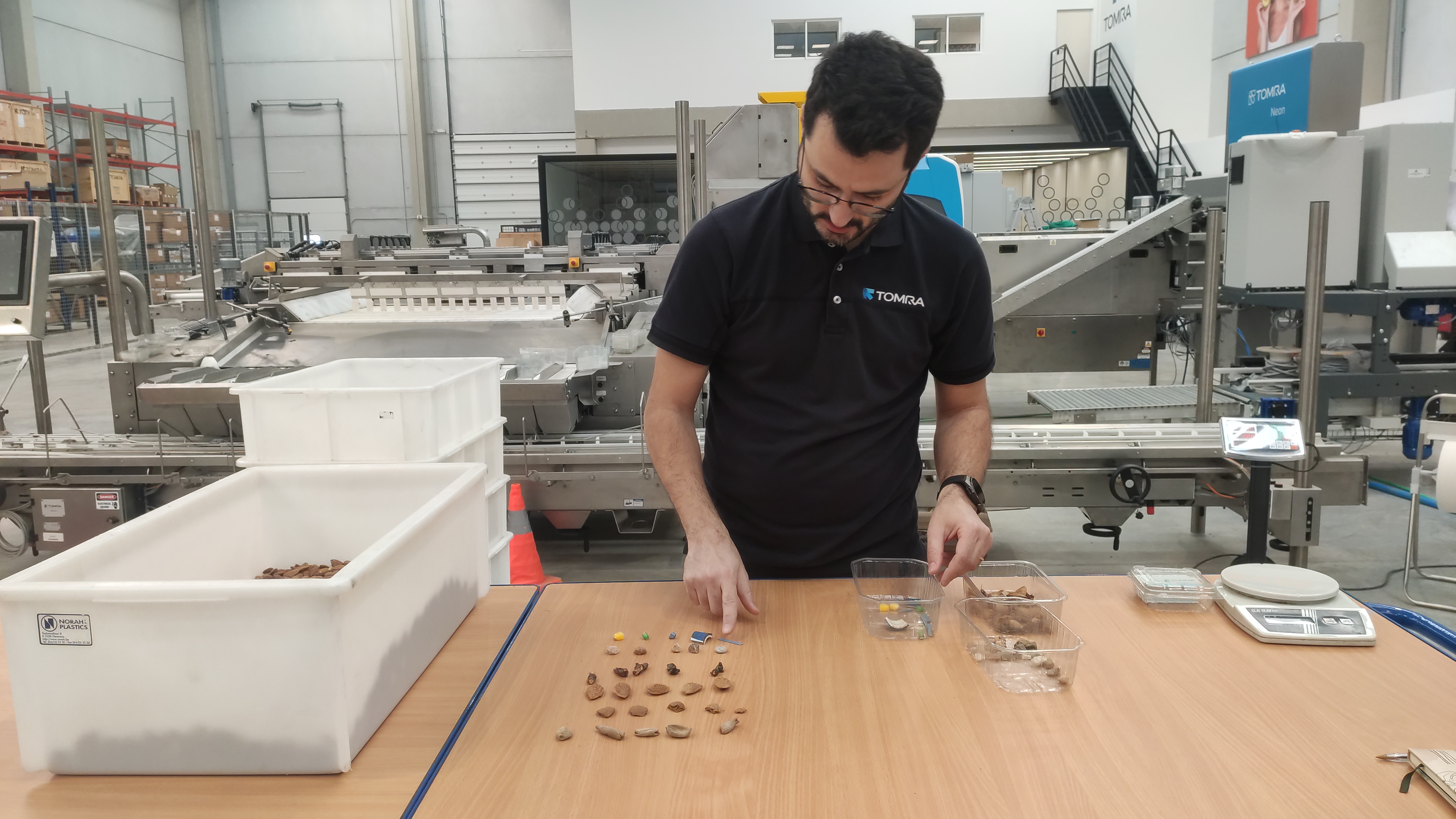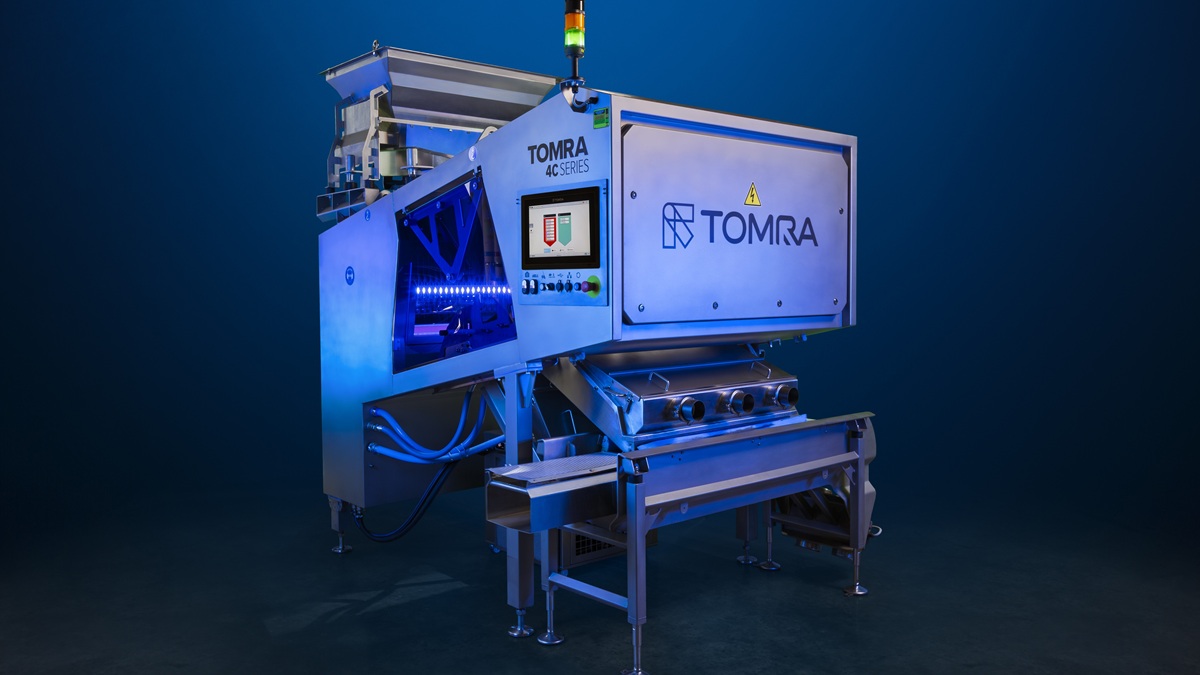Conditioning , Processing
Now more than ever, potato fresh packers need to combine high productivity with flexibility
With fresh vegetable sales boosted by people cooking more at home during the COVID-19 pandemic, many potato fresh packers are stretched to capacity. Some are even turning away work because they are too busy to handle it. Other packhouses, however, have the capacity to spare but are unable to win new business. Two very different situations, but frequently explainable by the same reason: technical capabilities. Packers can no longer gain or retain big customers without having the technologies which enable them to operate with high productivity and flexibility. High productivity means maximizing throughputs while minimizing waste. Flexibility means being able to switch the line from one potato type or product specification to another with minimal downtime. Both these operational necessities are especially important now that the coronavirus crisis has disrupted traditional food-shopping habits and fueled demand for fresh potatoes. Many potato fresh packers find themselves under unprecedented pressure to deliver greater product volumes, yet at the same time, they must continue to meet more and more stringent product specifications. And they must be able to alter those specifications at short notice with precision and speed.
20 July, 2020
With fresh vegetable sales boosted by people cooking more at home during the COVID-19 pandemic, many potato fresh packers are stretched to capacity. Some are even turning away work because they are too busy to handle it. Other packhouses, however, have the capacity to spare but are unable to win new business. Two very different situations, but frequently explainable by the same reason: technical capabilities. Packers can no longer gain or retain big customers without having the technologies which enable them to operate with high productivity and flexibility. High productivity means maximizing throughputs while minimizing waste. Flexibility means being able to switch the line from one potato type or product specification to another with minimal downtime. Both these operational necessities are especially important now that the coronavirus crisis has disrupted traditional food-shopping habits and fueled demand for fresh potatoes. Many potato fresh packers find themselves under unprecedented pressure to deliver greater product volumes, yet at the same time, they must continue to meet more and more stringent product specifications. And they must be able to alter those specifications at short notice with precision and speed. The need for flexibility is perhaps most clearly seen in the way that supermarket chains tempt shoppers with special product offers. Such specials are an important weapon in the battle between retailers but have profound knock-on effects for packhouses because they can change quickly from one week to the next. A packer might be asked on a Friday afternoon to source and supply by early the following week a certain variety of potato, to a precisely defined size and standard, without any visible blemishes, in bags of an exact weight. These challenging, multiple requirements can only be met by having state-of-the-art sorting machines. The need for productivity is more predictable: in the interest of profitability, it is a necessity every day of every week. Packhouses must strive to keep lines busy packing the greatest possible volume of potatoes, but more than this, they must also extract maximum commercial value from whats passing down the line. Early indications as to whether this is being achieved can be seen in two vital key performance indicators, bags-per-minute, and pack-out percentages. Yet these figures are too often disappointing. Pack-outs rarely exceed 80% and are commonly as low as 60%.
Related news

LUCAi™ revolutionizes apple sorting with contextual Deep Learning
Conditioning, processing
TOMRA Food











